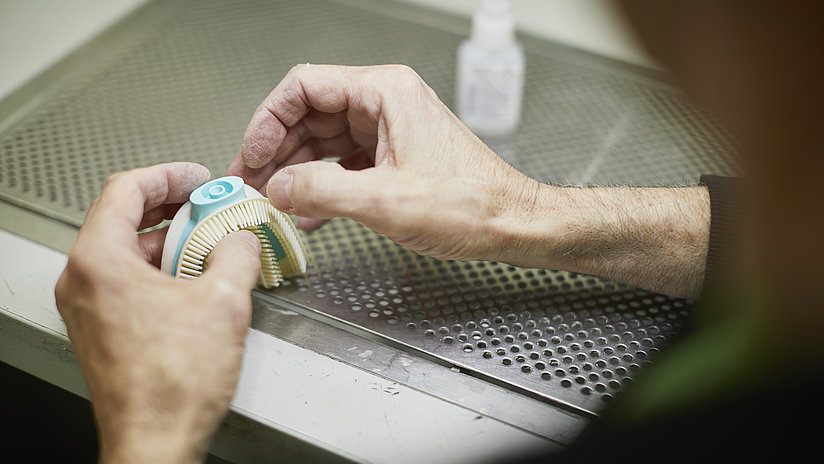Plastic vacuum casting – a common process for fast and inexpensive duplication of master models. With the help of these master models, a silicone mold is created which enables multiple identical parts to be cast in polyurethane casting resins. The use of a vacuum chamber prevents air inclusions in the mold and workpiece.
Precision and accuracy are our top priorities. Our silicone molds are reinforced with high-end additives. This allows us to increase the accuracy of vacuum castings. The result: a reduction in delivery time. Wear and tear? A thing of the past.
Thus, instead of the usual 15 to 20 parts, we produce an almost “infinite” number of parts from our silicone molds. With the result that we can close the gap to series production. You benefit by paying the initial costs only once at 1zu1 when using standard PU resins.
Polyurethanes (as well as series materials) can of course be reinforced with various additives. The latter often produce different effects compared to their use in injection molding – for example, because the glass fibers are not “directed”.
- Glass fibers/glass-fiber mats with a weight ratio of up to 20 percent are possible. Instead of higher strength, in most cases this results in increased hardness and dimensional stability and, in some cases, higher thermal stability. However, glass fibers reduce the elongation at break!
- Carbon fiber/carbon fiber mats
- Sand
Silicone
Flexible parts, such as hoses or seals made of silicone, can also be produced by 1zu1 in any color and in a Shore hardness of between 00 A and 65 A. Food-grade parts can also be produced in a Shore hardness of 00 A, 43 A and 65A.
Rubber
Elastomer materials (PU rubber) are available in various degrees of hardness from 30-90 Shore A. Thermoplastic-like materials are available in degrees of hardness from 45-85 Shore D. Typical areas of application include housings, covers, gaskets, covers for vehicle apparatus construction, foundry models, model and prototype construction, mold tubes, hoses …
The term “food grade” refers to materials that are harmless to health due to their physical composition. They have no odor or taste effect on food. They give rise to new applications for prototypes and small-series production in the household appliance industry.
We have special expertise when it comes to prototypes made from food-grade plastics and silicones. The use of these basic materials, which are approved by the Food and Drug Administration (FDA), makes it easier to obtain FDA approval for the respective part.
We can hand over the necessary documentation for FDA approval to our customers, thereby enabling them to submit the respective FDA application. In this context, the term “food grade” refers to materials which, due to their physical composition, are harmless to health and impart no odor or taste to the food. They give rise to new applications for prototypes and small-series production in the household appliance industry.
For example, we tested the use of a transparent polyurethane material for vacuum casting on behalf of a well-known coffee machine manufacturer. Using food-grade dyes, plastic parts can be produced in virtually any desired color and adapted to meet the strict approval requirements of the American Food and Drug Administration.
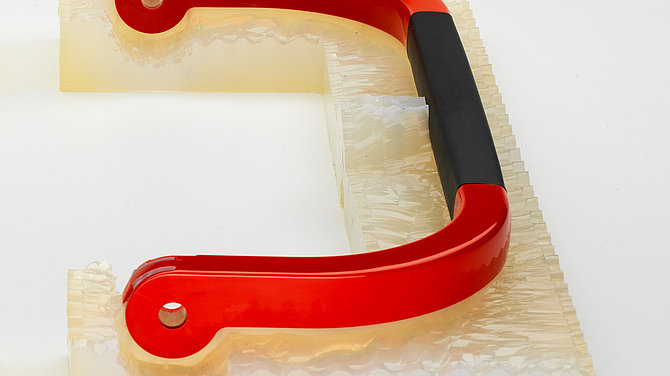
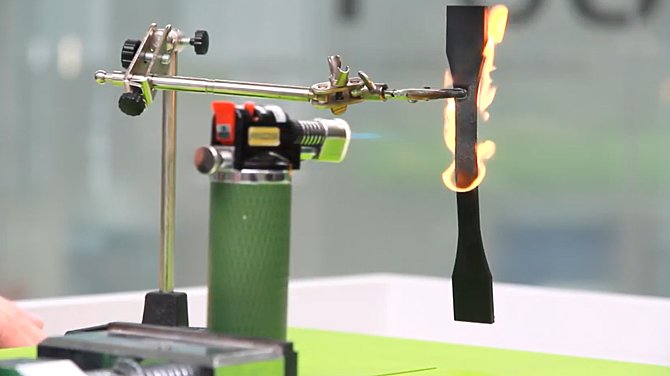

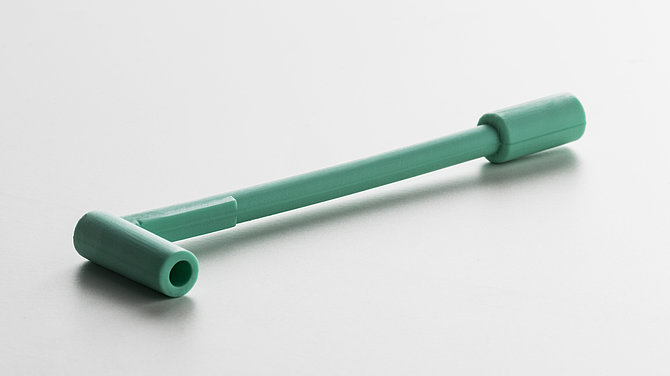


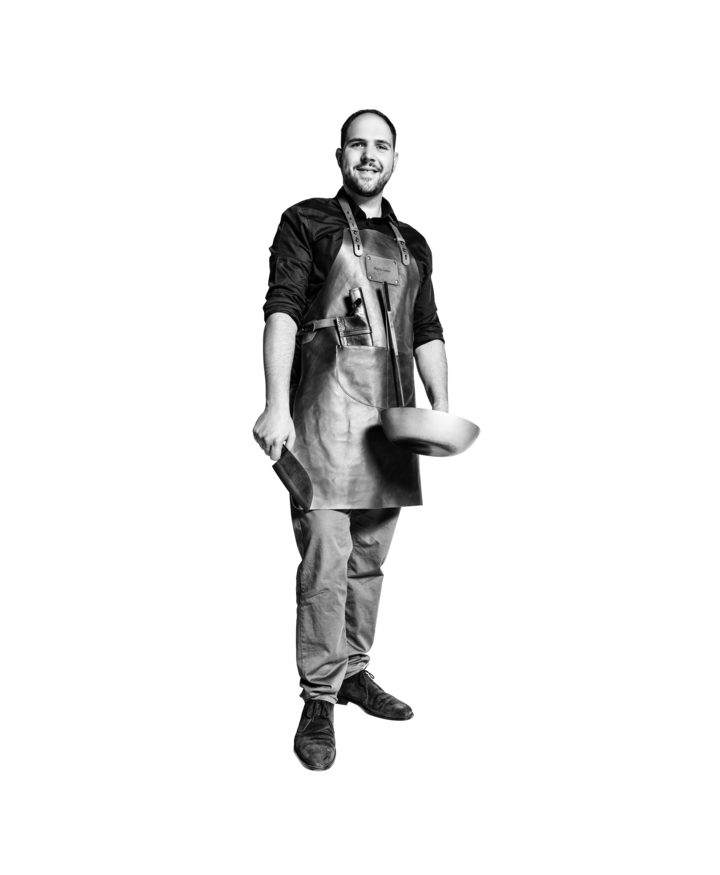
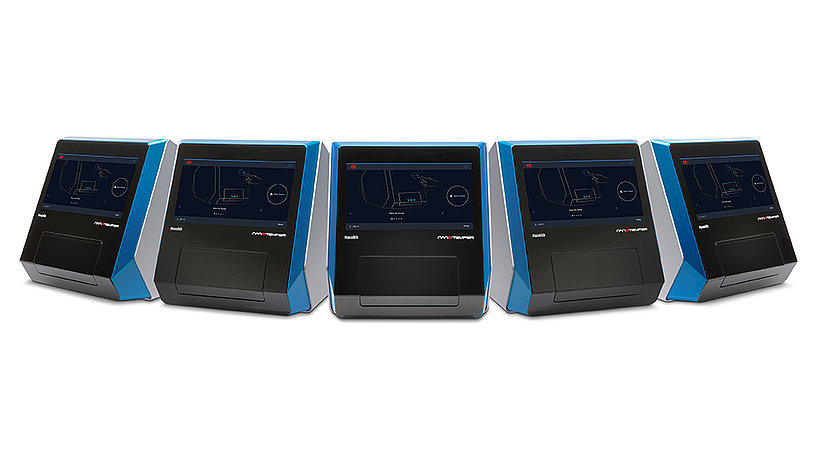
![[Translate to English:] [Translate to English:]](/fileadmin/_processed_/a/c/csm_buehler_multitherm_1200x800_1efe509fe9.jpg)
